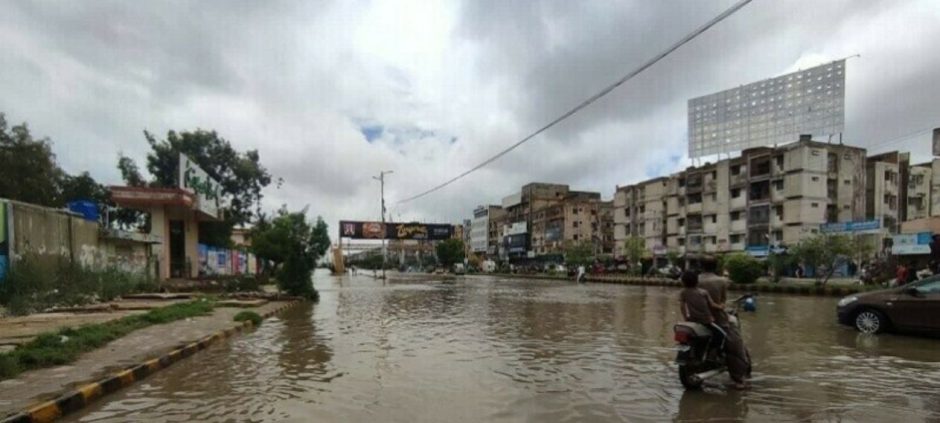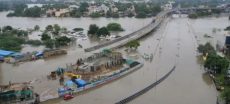The recent flood in Gilgit-Baltistan’s Ghizer district has caused major disruption to daily life. The provincial government has extended the closure of 63 schools beyond the earlier deadline of August 25. Officials say the damage from the flood is still being assessed, and schools may remain closed longer if needed.
Government spokesperson Faizullah Faraq confirmed that the flood caused widespread destruction in several villages. Relief and rehabilitation work is still underway. A large camp has been set up in Talidas, where over 150 tents have been provided to displaced families.
More than 300 food parcels have been distributed in flood-affected areas. Relief kits also include kitchen items, hygiene supplies, tarpaulins, mats, water coolers, and over 2,000 bottles of drinking water. Medical teams and ambulances have been deployed to provide health support.
An artificial lake formed by the flood in Talidas is being closely watched for safety. Meanwhile, several parts of Ghizer remain cut off as the Gilgit-Shandur road is still blocked. In Raushan village, about five kilometers of road remain underwater. Hundreds of residents are stranded.
Nearly 300 homes have been destroyed by the flood. Villages such as Hakis, Thangi, and Raushan have suffered major losses, with many areas still flooded.
Elsewhere, the Karakoram Highway is also blocked at Hassanabad Hunza. Water from the Shishper glacier damaged a large section of the road. The flood has caused serious damage to houses, farms, and public infrastructure.
The Ghizer flood has also had an emotional impact. The government says women, children, and the elderly are experiencing stress and trauma. Officials are now working on a mental health support plan to help flood victims recover.
The situation remains critical, and authorities continue to monitor conditions across the region.
In other related news Maryam Nawaz Monitored Punjab Flood Situation During Japan Visit: Azma










